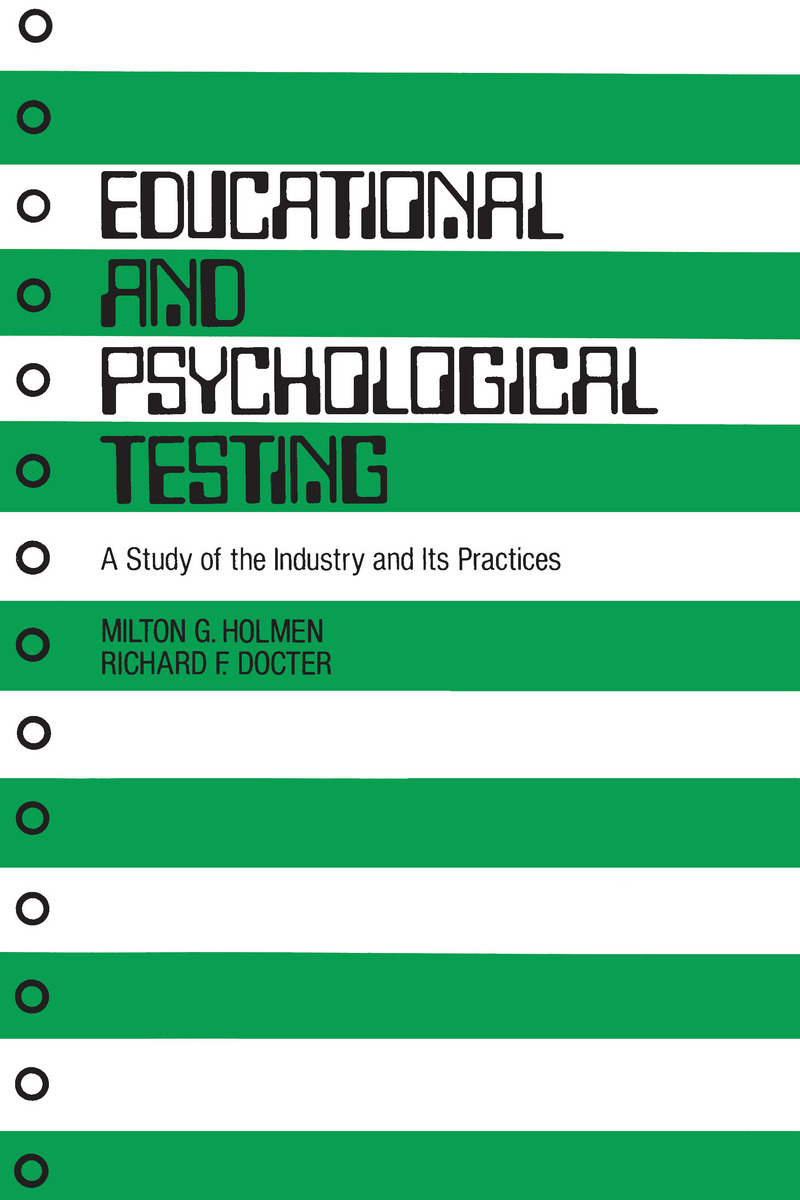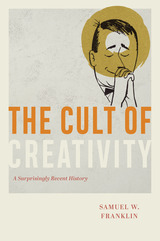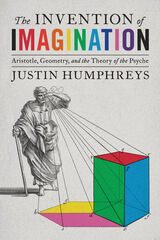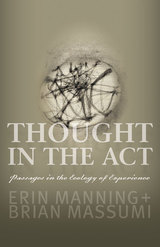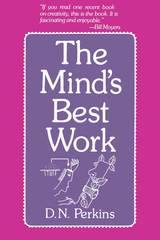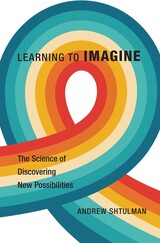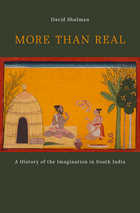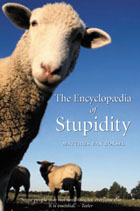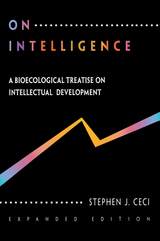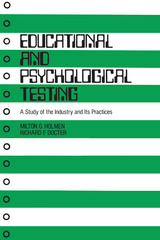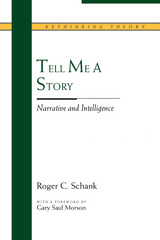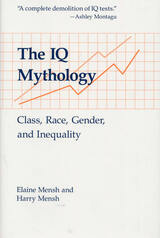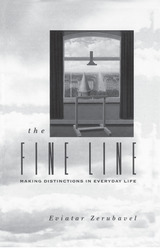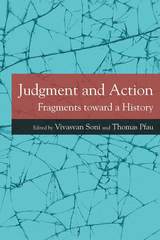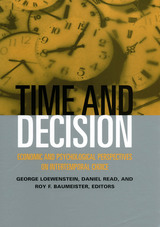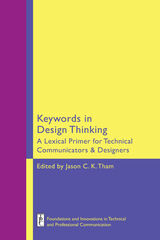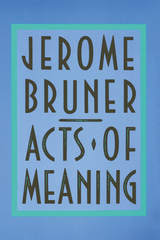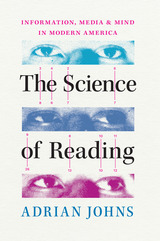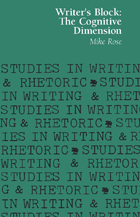Educational and Psychological Testing: A Study of the Industry and its Practices
Russell Sage Foundation, 1972
Cloth: 978-0-87154-390-5 | eISBN: 978-1-61044-649-5
Library of Congress Classification BF431.H555
Dewey Decimal Classification 153.9
Cloth: 978-0-87154-390-5 | eISBN: 978-1-61044-649-5
Library of Congress Classification BF431.H555
Dewey Decimal Classification 153.9
ABOUT THIS BOOK | AUTHOR BIOGRAPHY | TOC
ABOUT THIS BOOK
Educational and psychological tests are often used in ways which touch most intimately the lives of people. For example, tests may influence who gets a job or who is selected to attend a college or graduate school. But not everyone has agreed that tests are a good thing. Over the past twenty years a wave of complaints has led to congressional hearings, court cases, and formal grievances before state and federal commissions. Holmen and Docter have analyzed these complaints and criticisms not only by considering the tests themselves but through examining the ways tests are used as elements in assessment systems. The applications of tests in clinical and counseling work, in educational achievement testing, and in personnel selection is discussed and evaluated. While the least amount of testing is in the personnel selections area, this is where the most complaints are found. Educational achievement testing has by far the largest testing programs and a wide range of criticisms has been voiced concerning this kind of assessment. Testing in connection with clinical and counseling work has generated the least public concern. An extensive analysis is given of the organizations which comprise the testing industry, including the various developers and publishers of tests and also test scoring organizations. The users of tests are considered from the standpoint of their professional training and also in terms of how their organizations influence technical standards of test development.
See other books on: Ability | Applied Psychology | Assessment, Testing & Measurement | Educational | Testing
See other titles from Russell Sage Foundation
